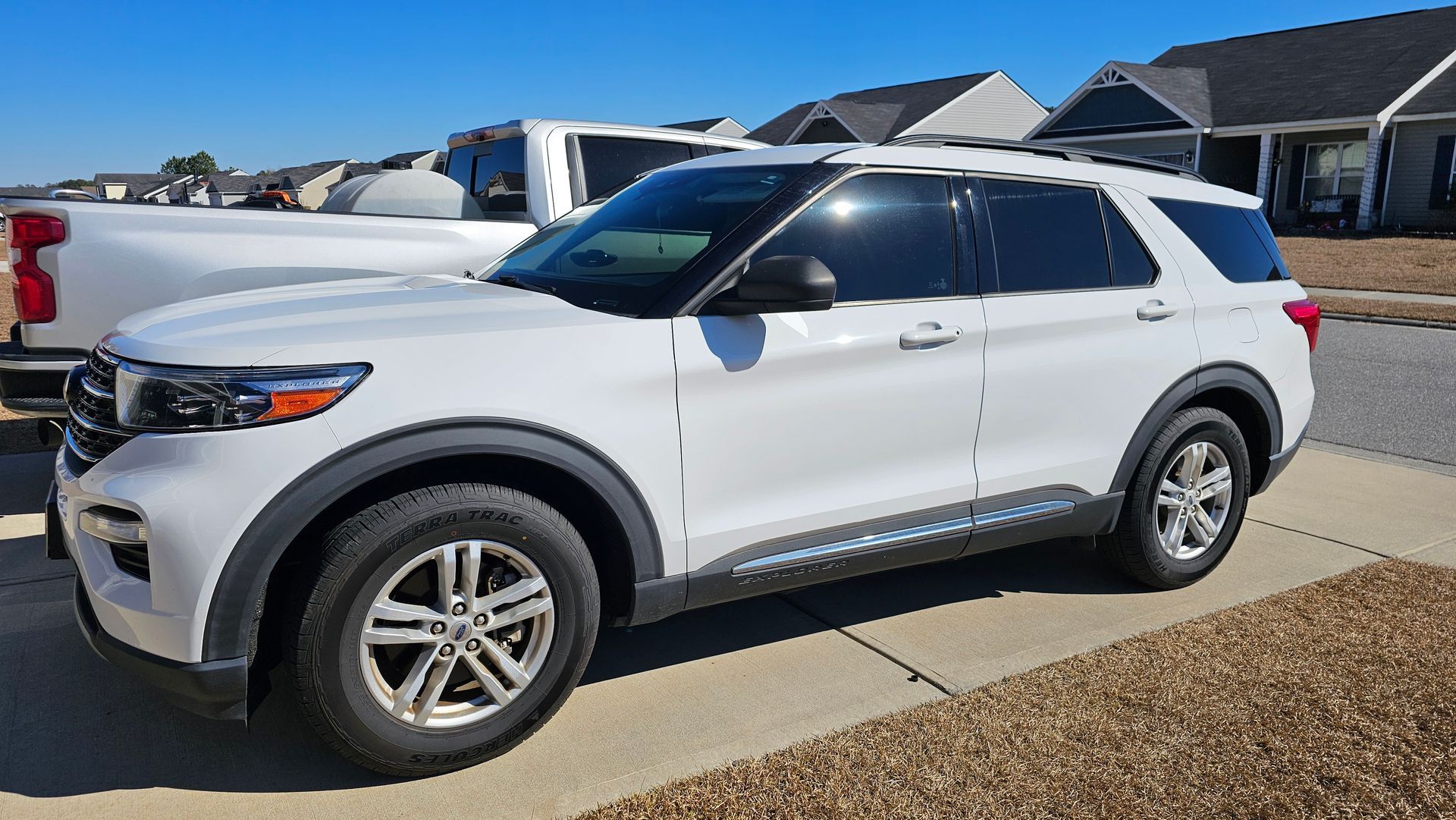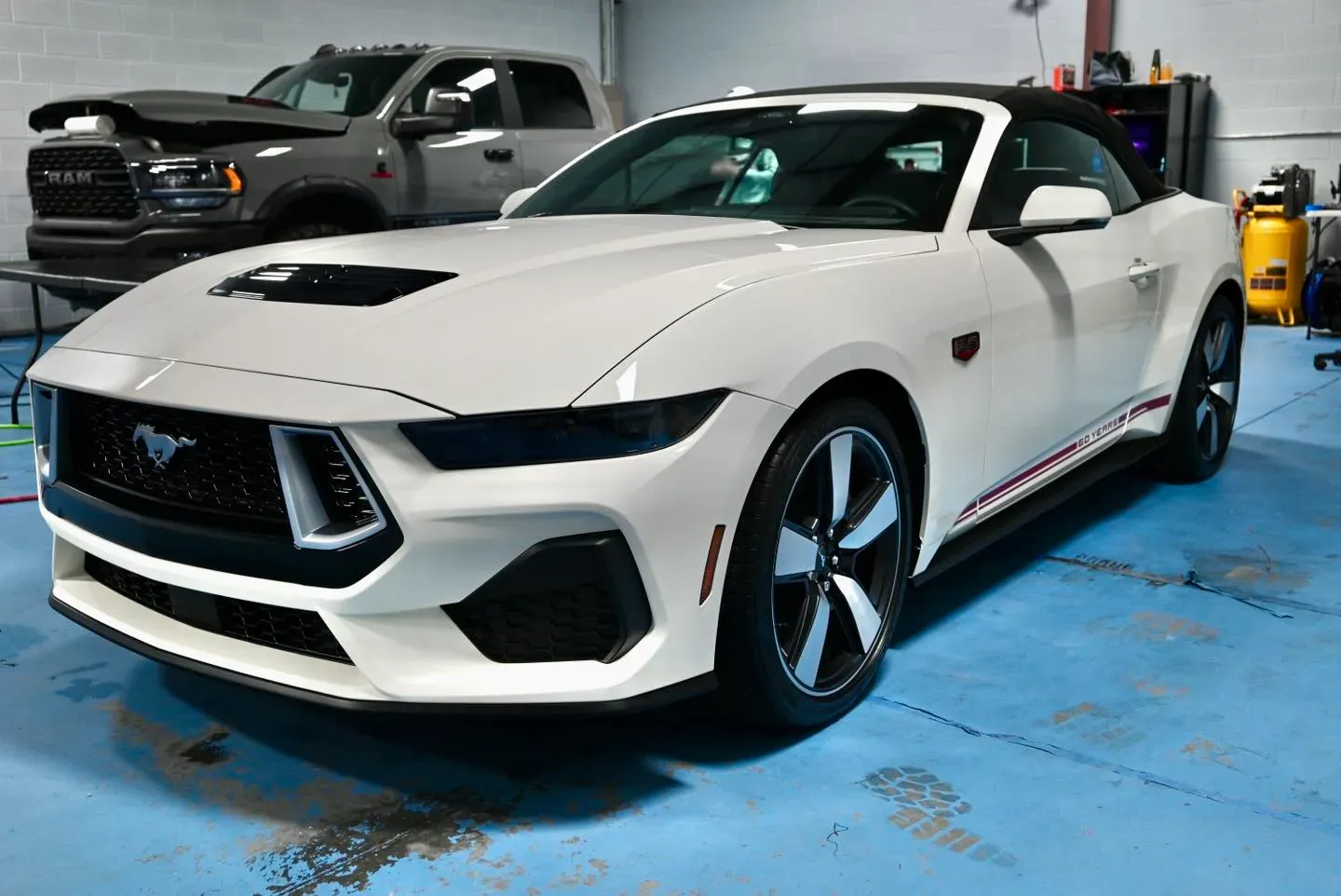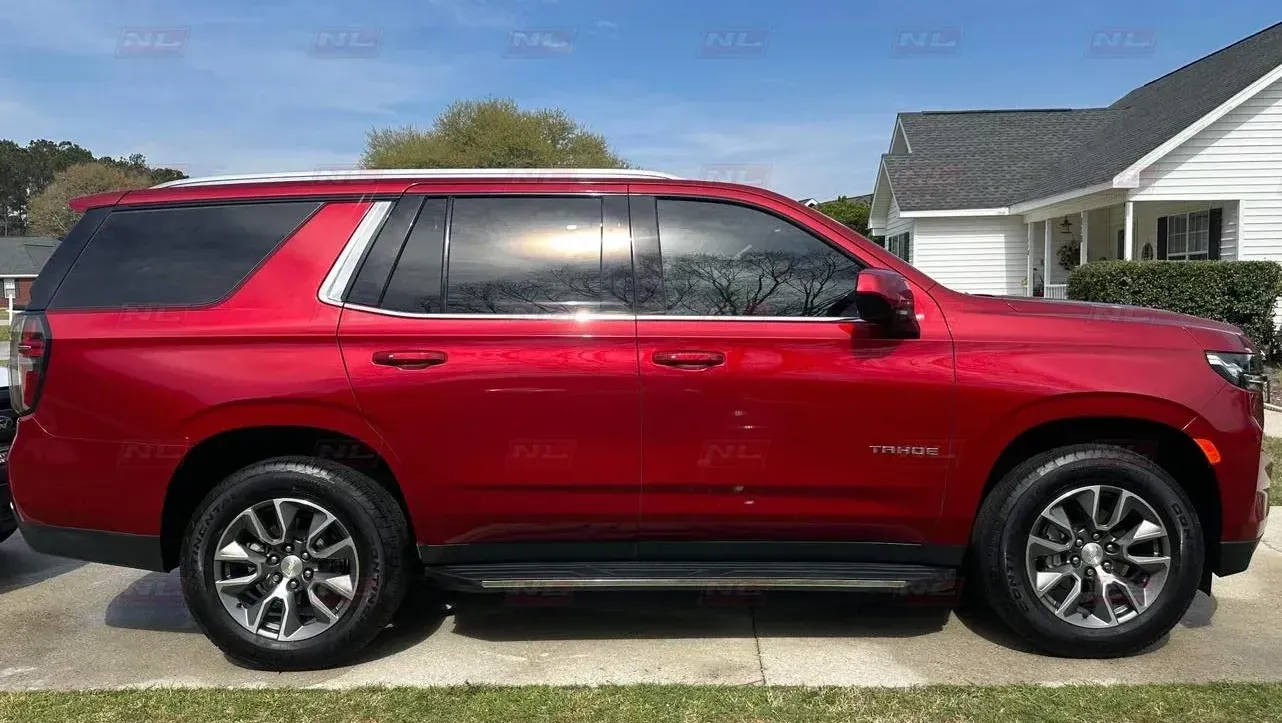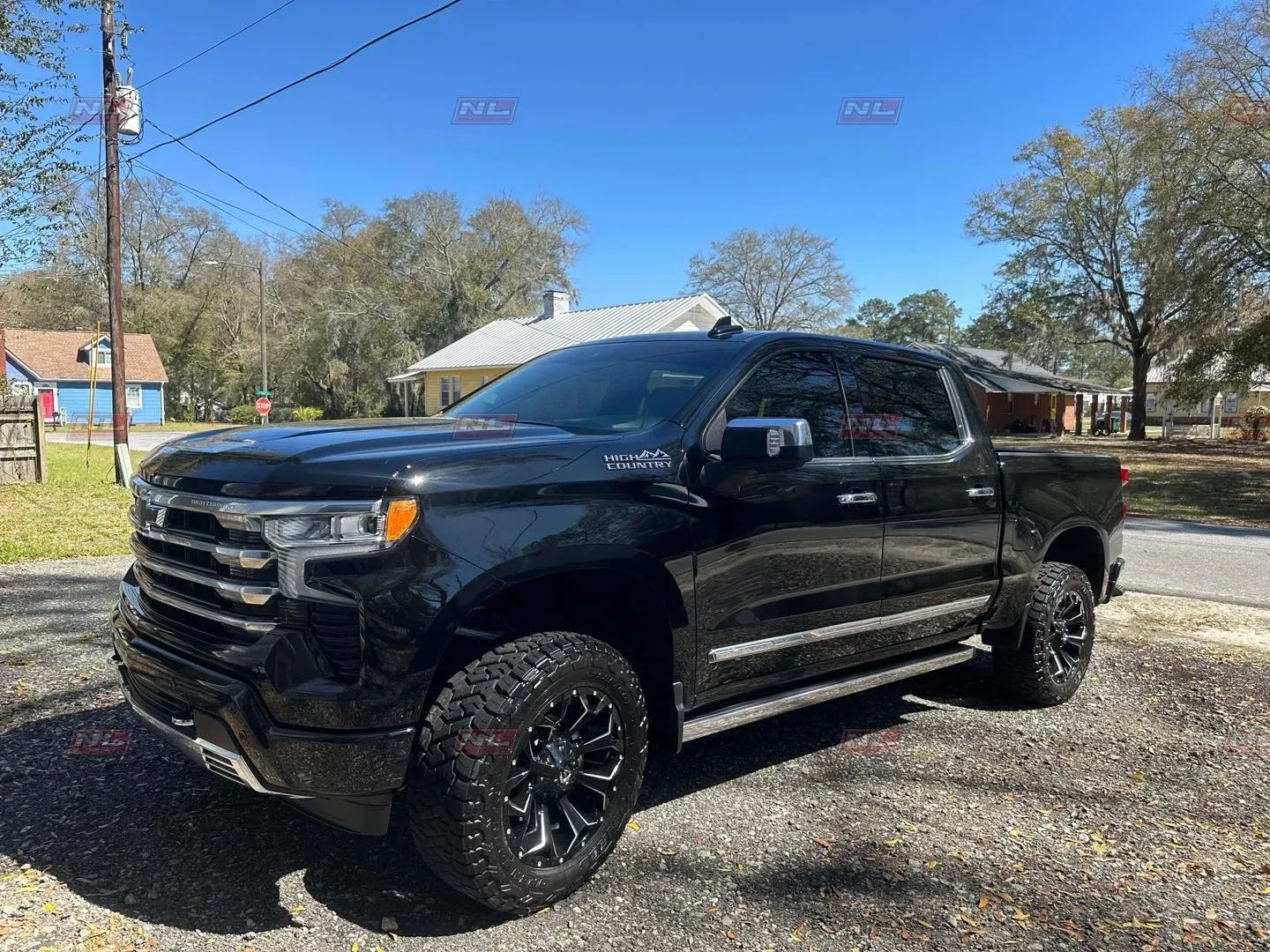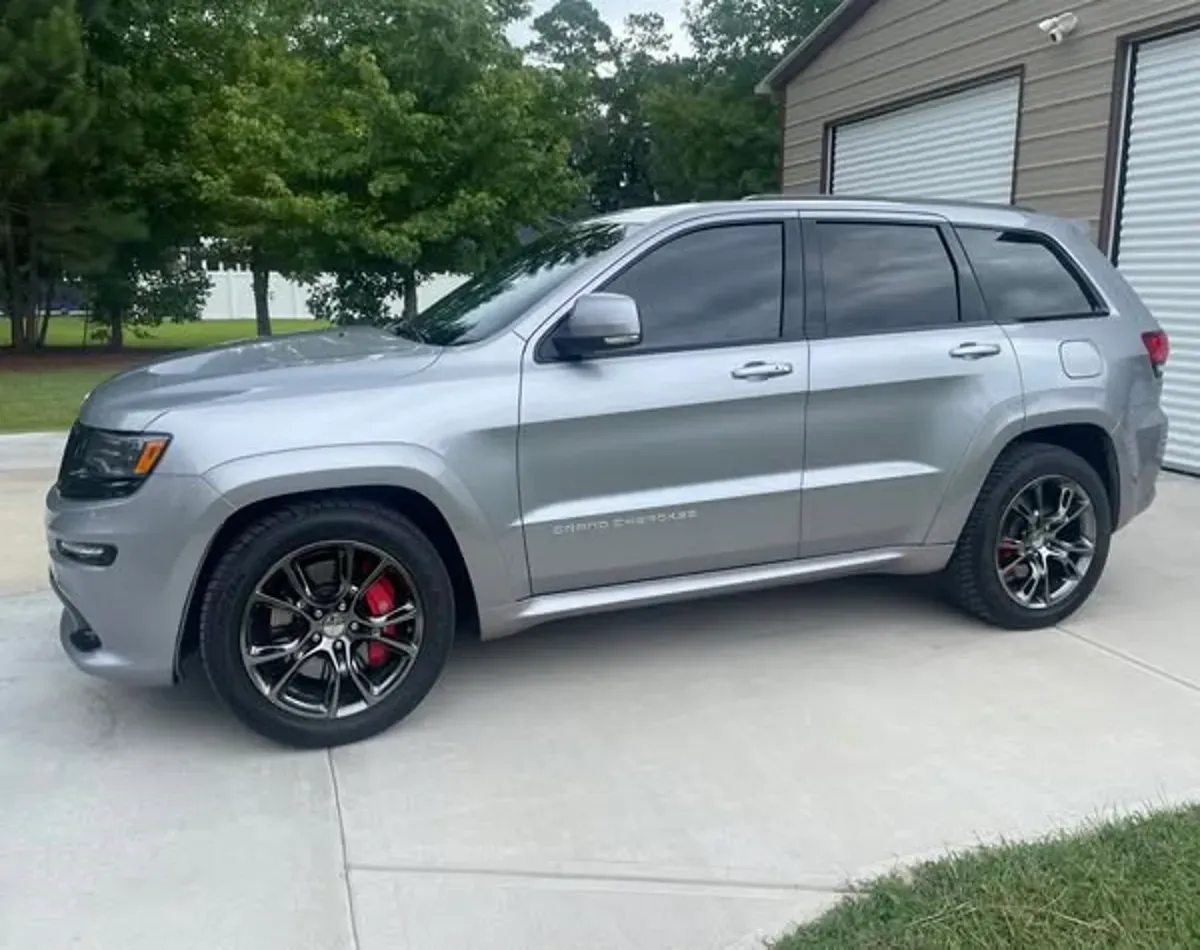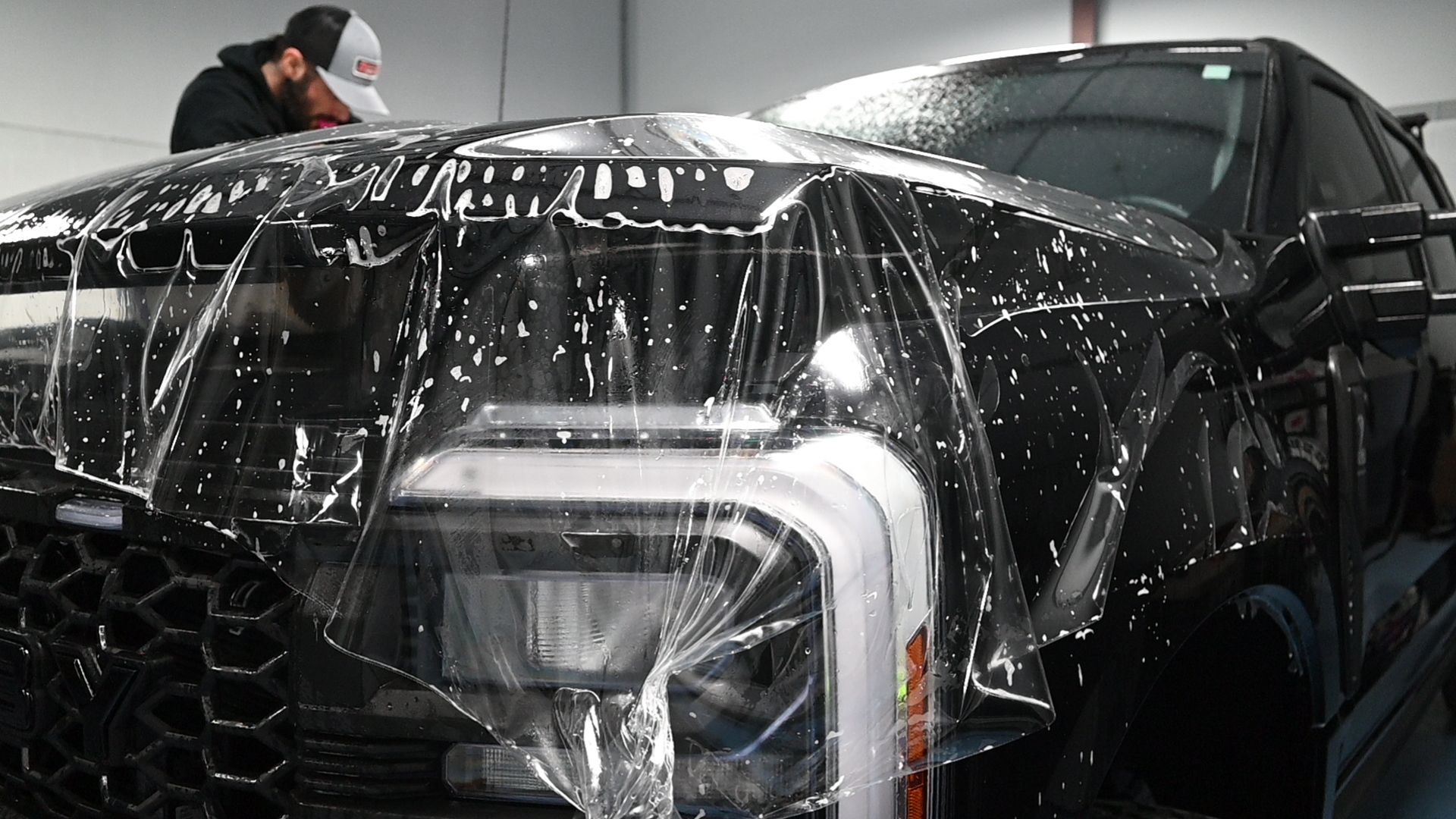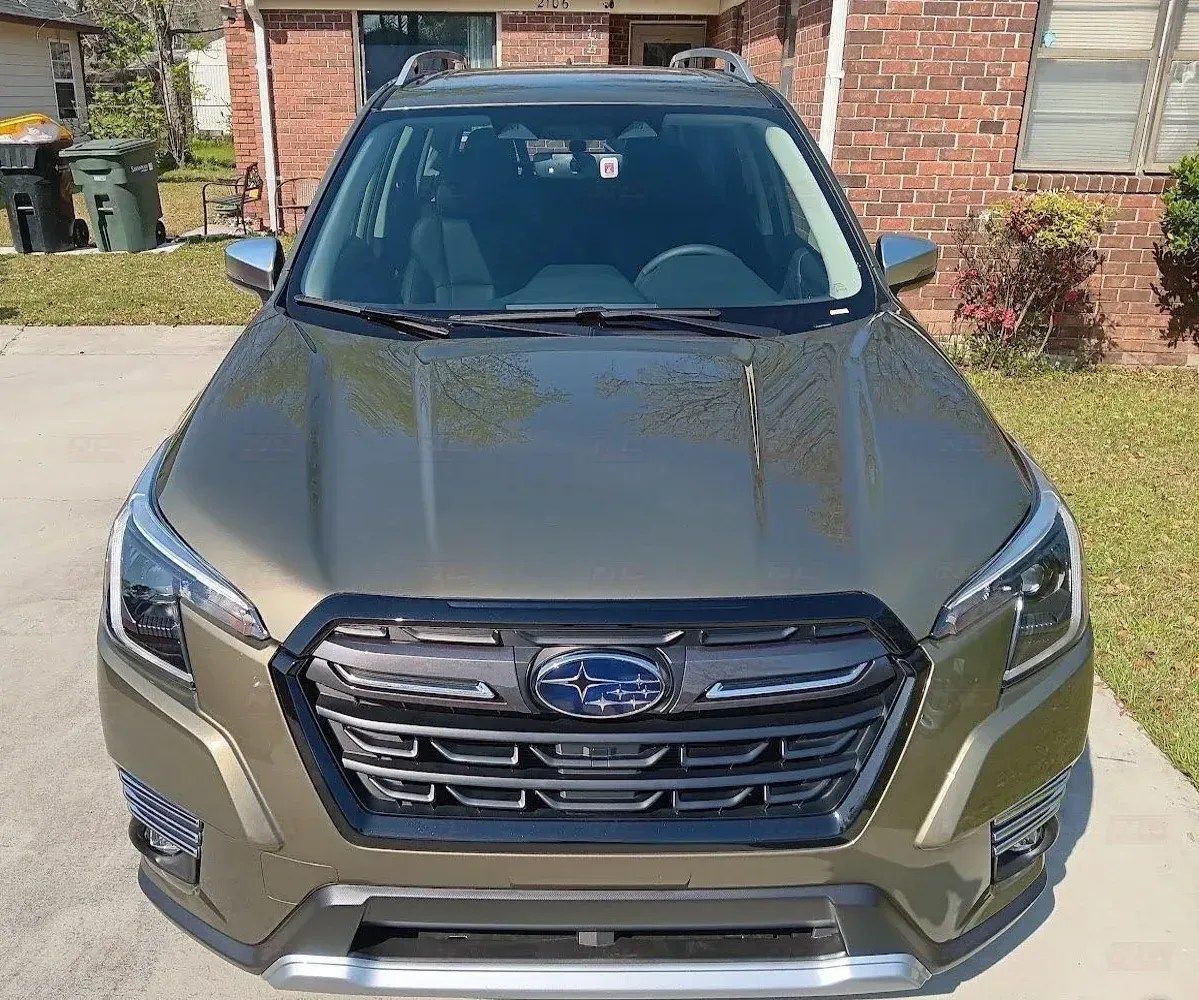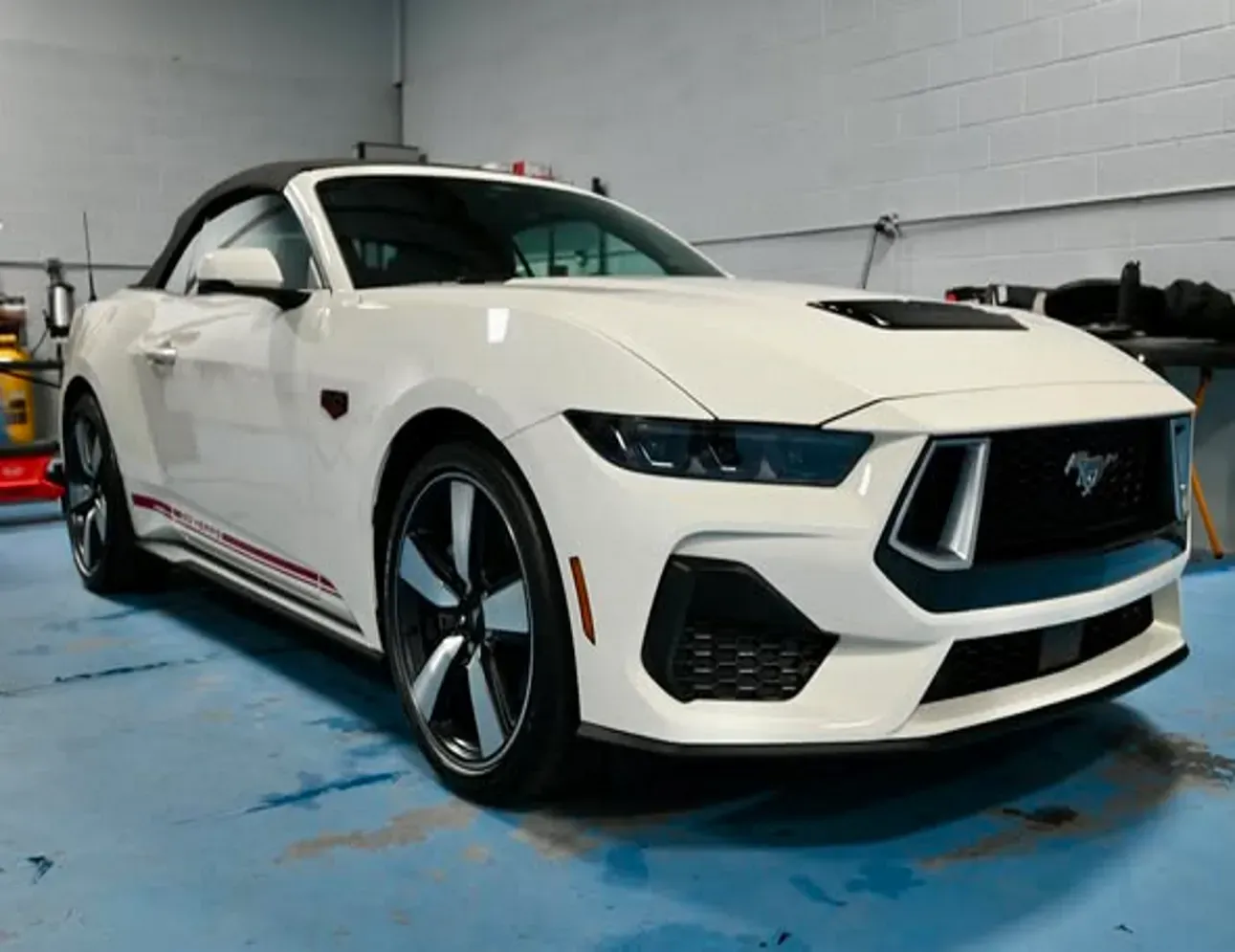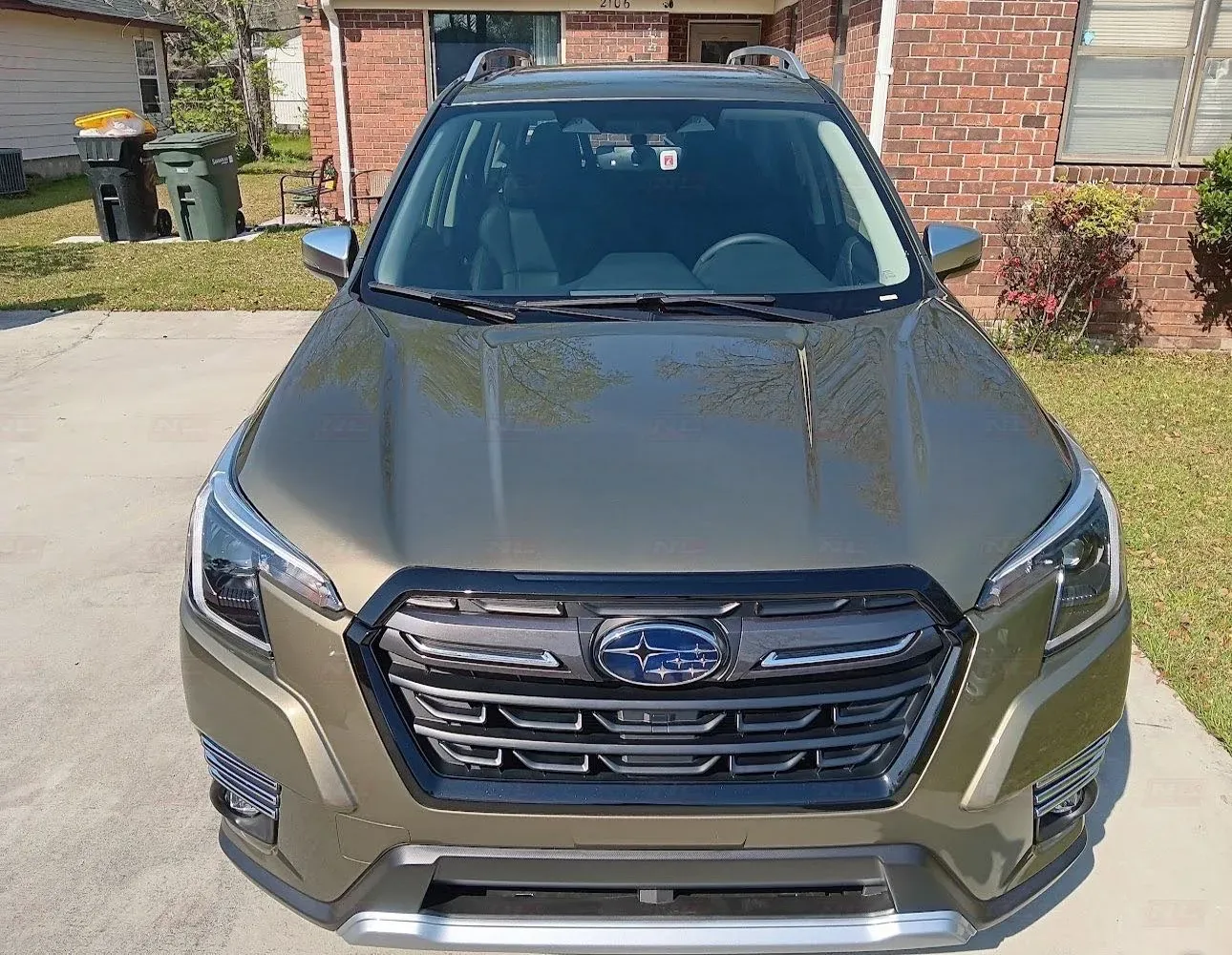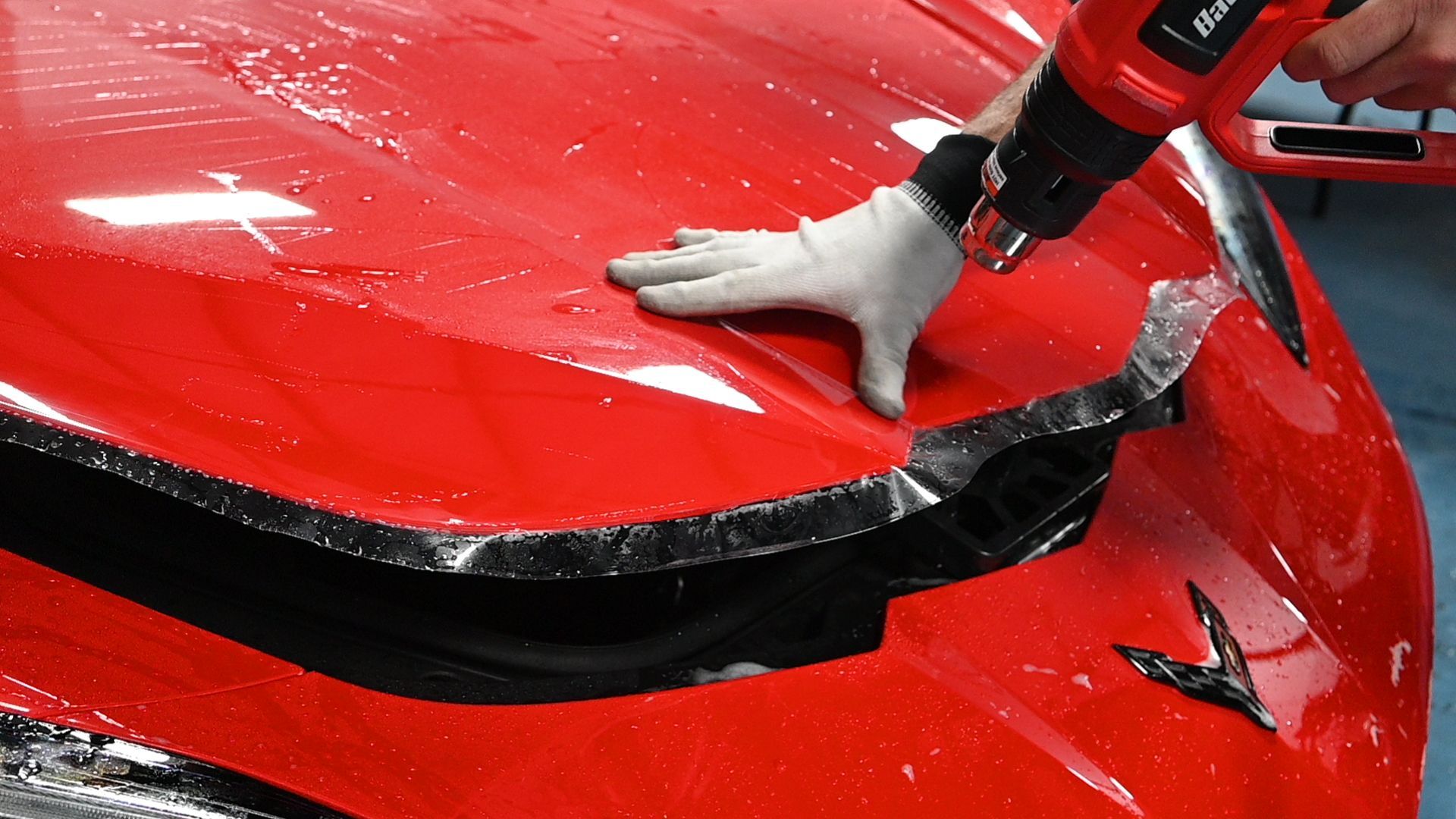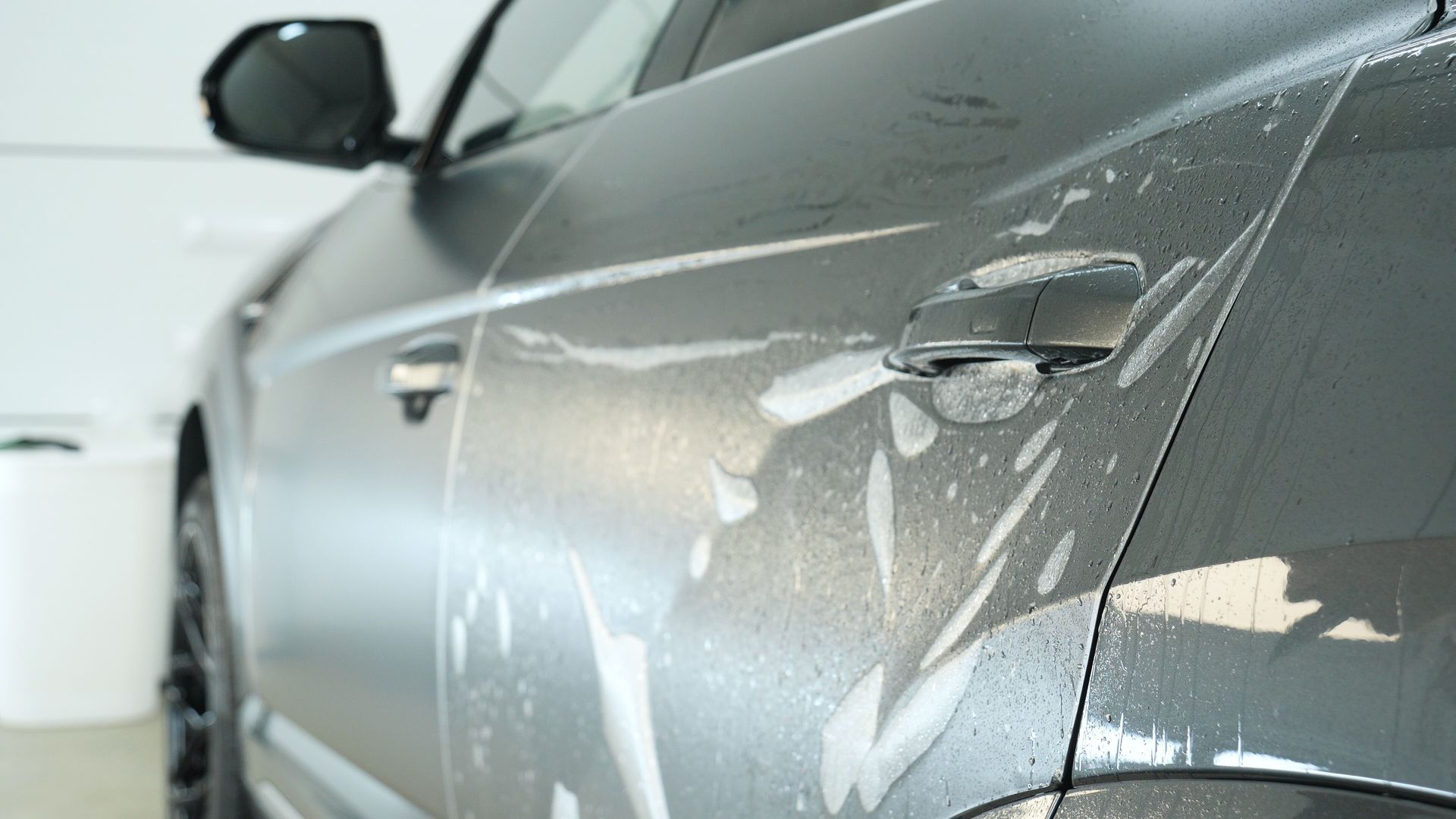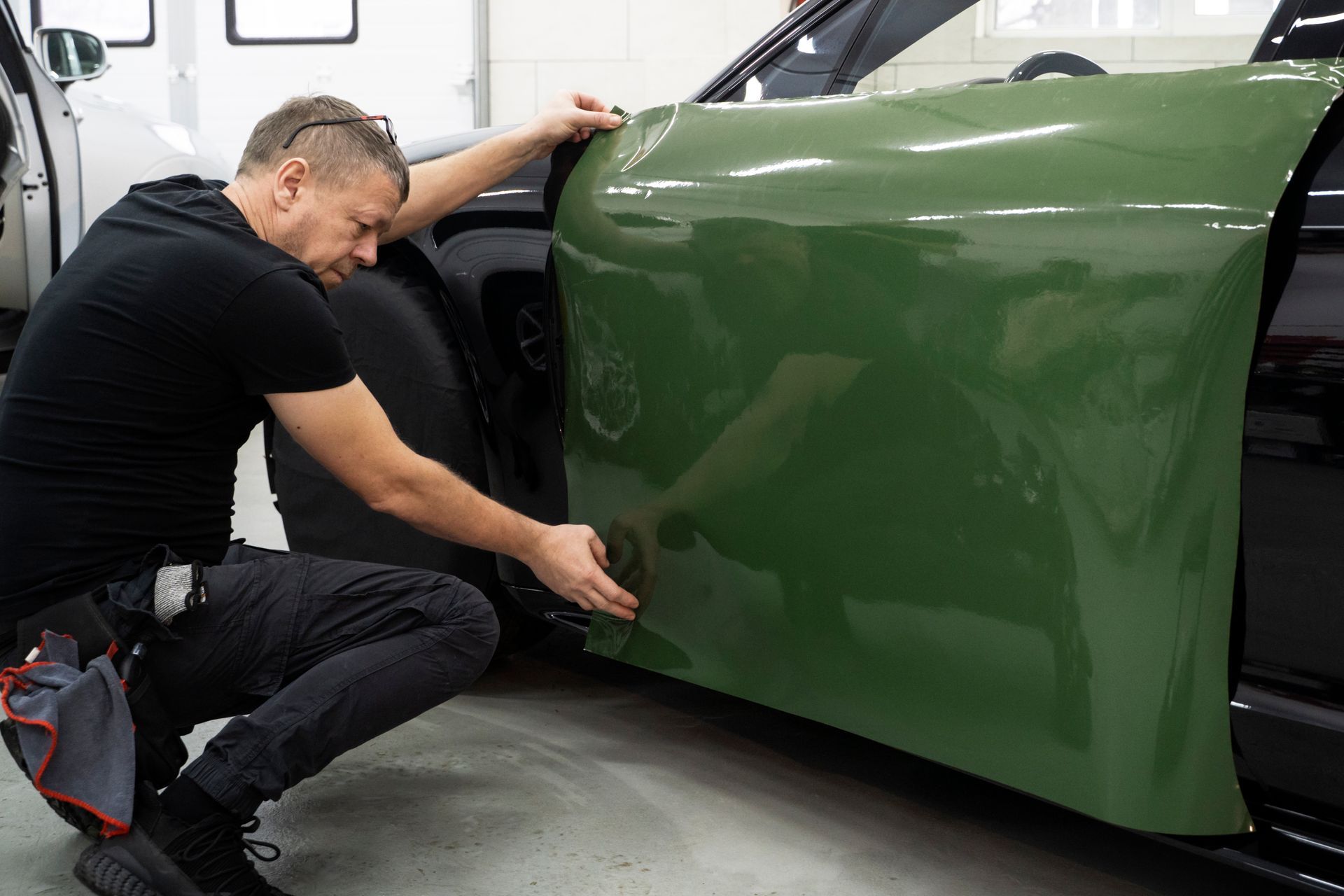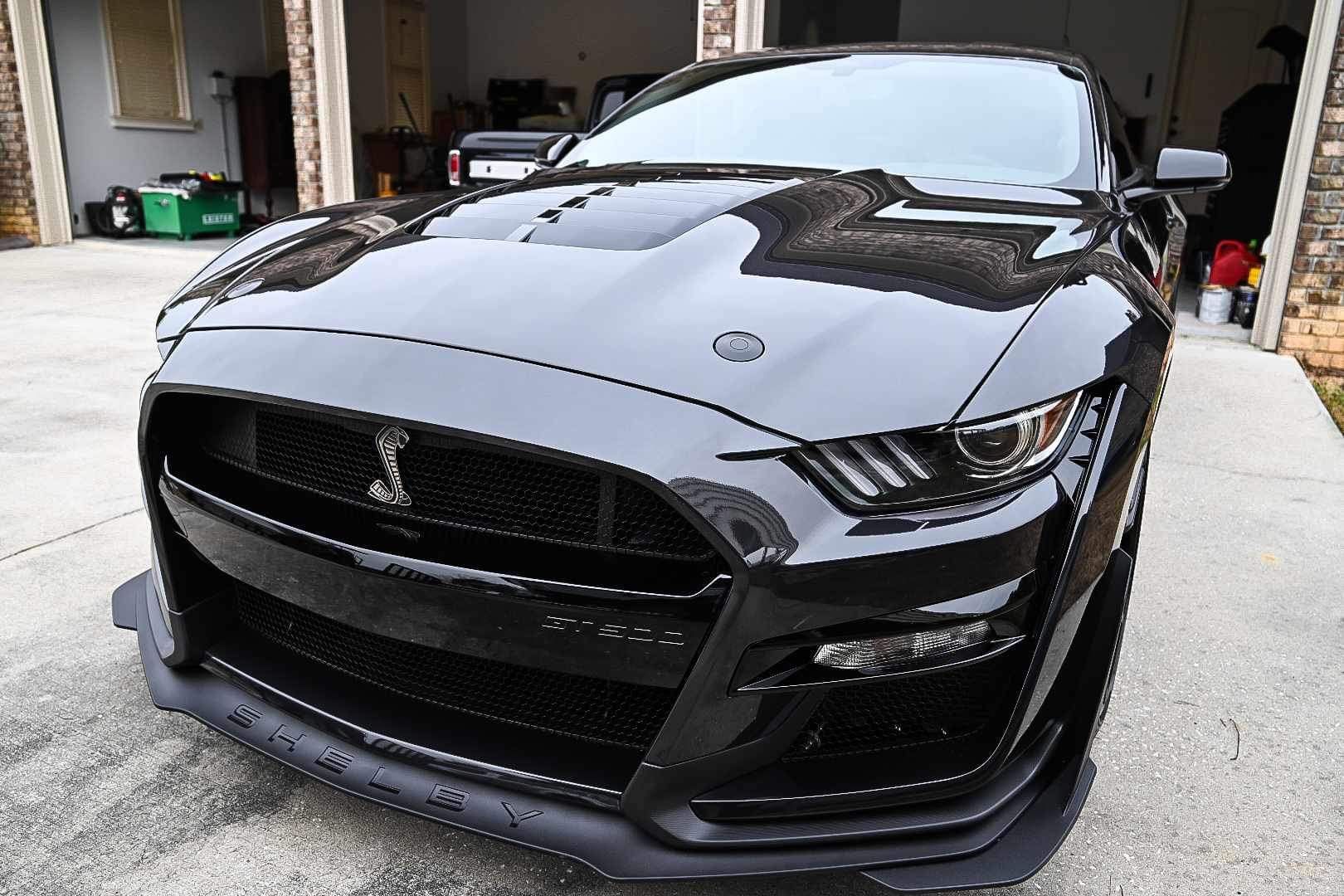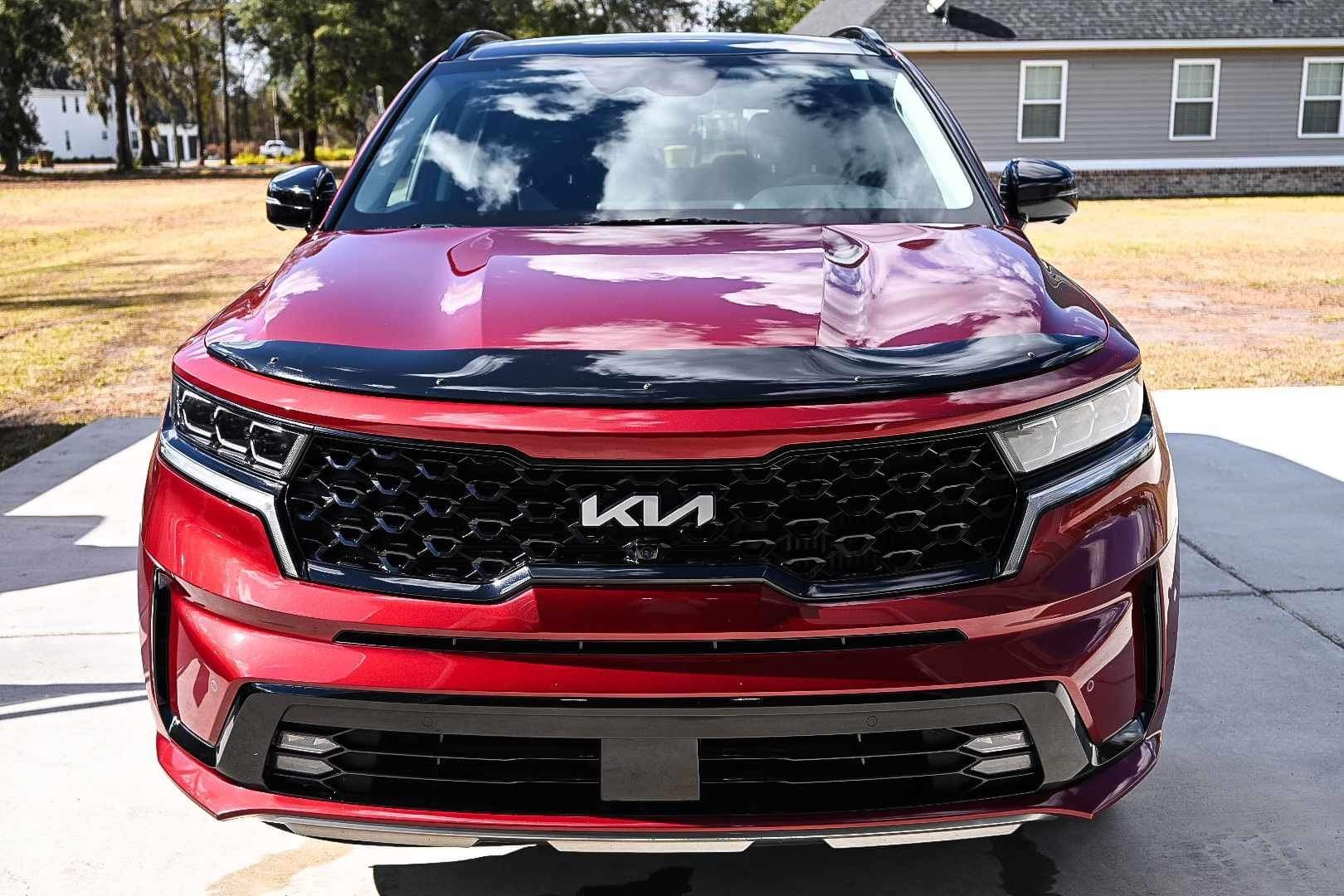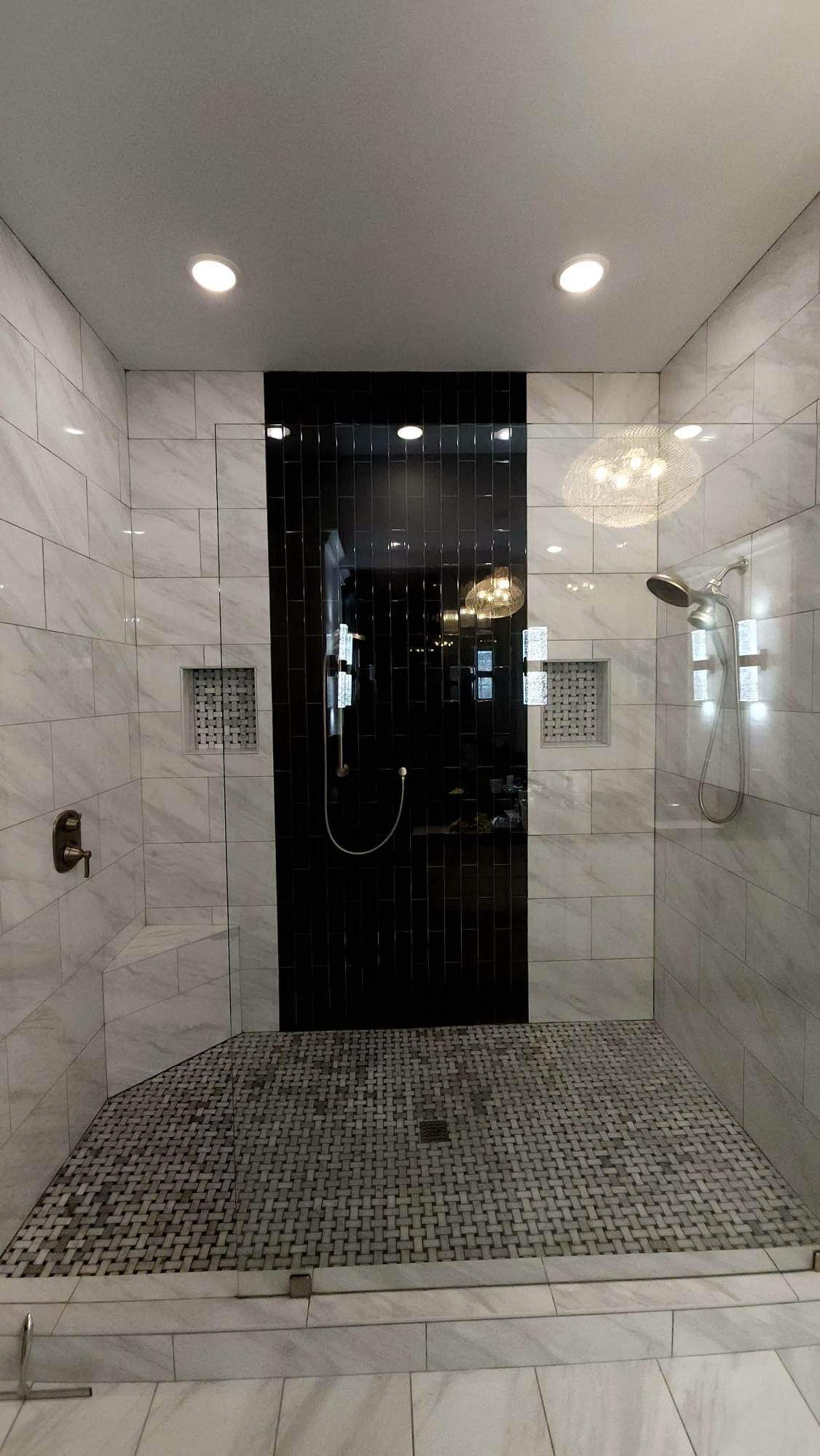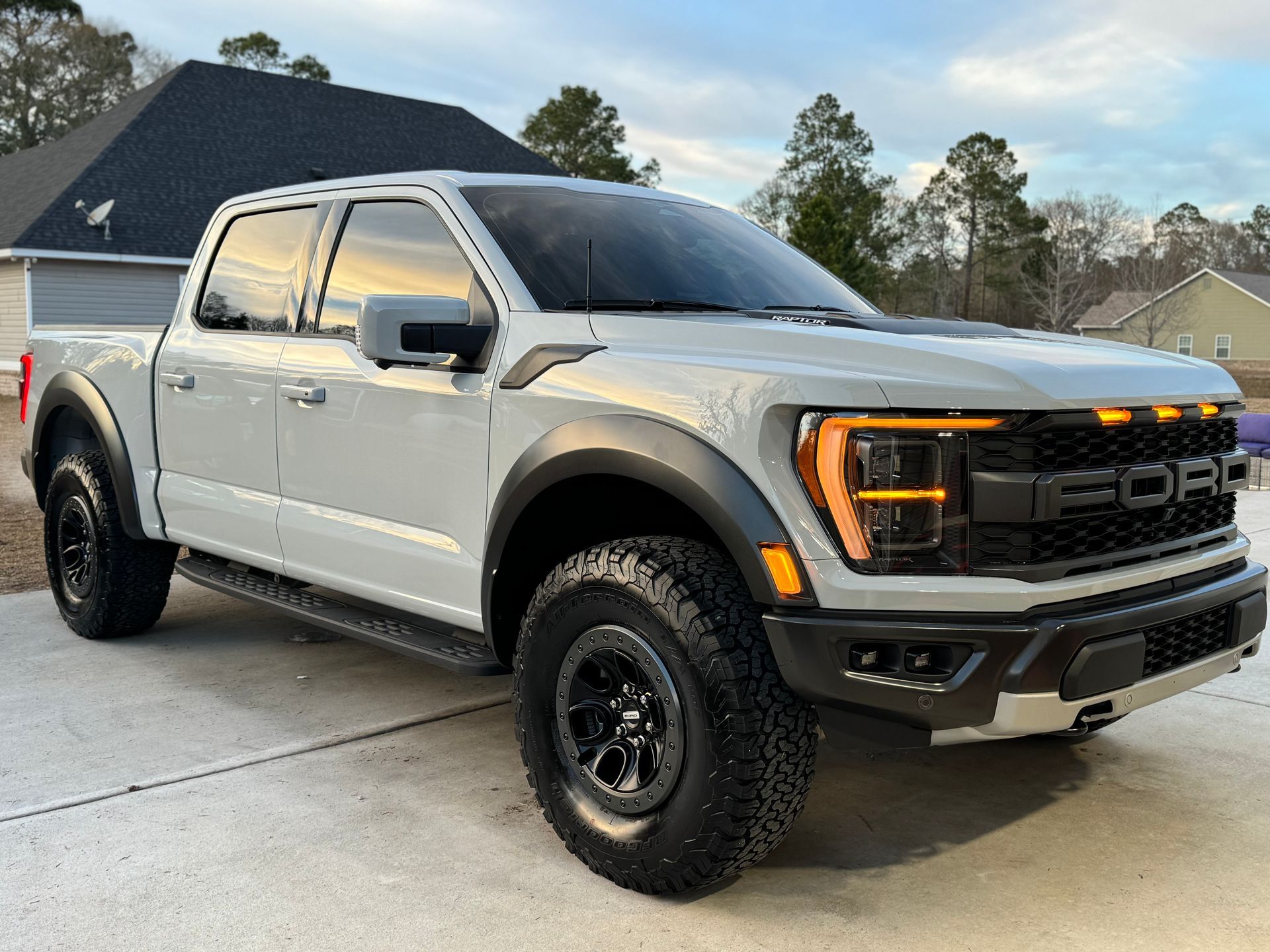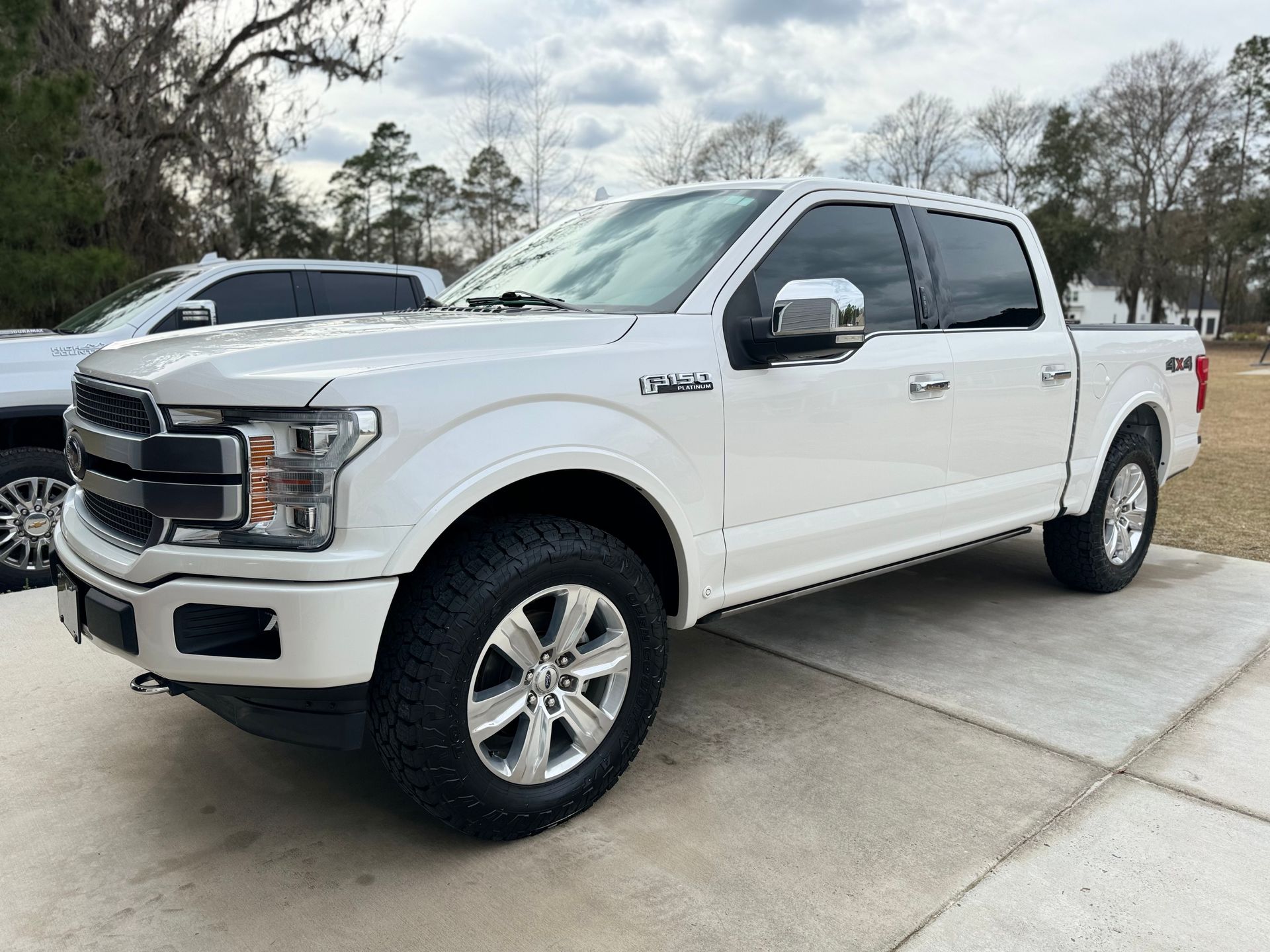Is Car Window Tinting Legal in Savannah, GA? Understanding the Regulations and Benefits
GET A FREE ESTIMATECALL (912) 656-6947
Yes, car window tinting is legal in Savannah, GA, but it is subject to specific regulations regarding Visible Light Transmission (VLT) percentages for different windows of the vehicle. It's important to ensure compliance with local laws and regulations when tinting car windows in Savannah, GA.
In Savannah, it is indeed legal to have your car windows tinted. However, certain restrictions apply under the Light Transmission Law of Georgia. Specifically, non-reflective tint is permissible on the top six inches of the windshield and it must not exceed a reflection of 32%.
As for the front side windows, they can admit more than 32% light transmission. For the back and rear windows, a light transmission of 32% VLT (Visible Light Transmission) or less is allowed. So while you enjoy your privacy and less glare on sunny Savannah days with your tinted car windows, don’t forget to stick within these defined limits. By doing so, you won't only obey the laws; you'll also confidently drive around Savannah.
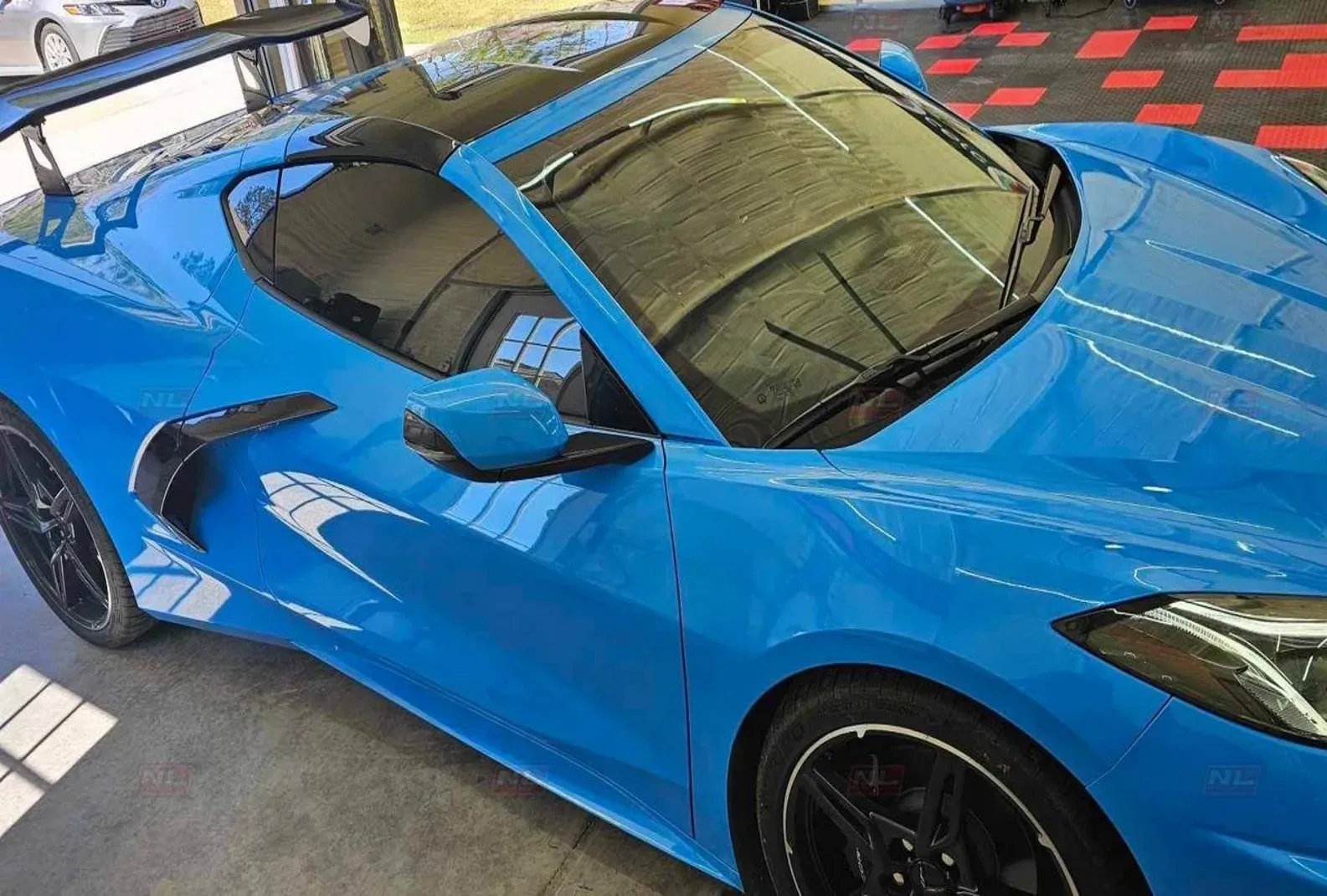
Car Window Tinting Laws in Georgia
When it comes to car window tinting laws in Georgia, the regulations primarily focus on controlling the amount of light that can pass through a tinted window. These laws are designed to balance privacy and safety concerns with visibility for law enforcement and emergency responders.
The law permits non-reflective tint on the top six inches of the windshield, aiming to reduce glare from sunlight. The tint used must not be more than 32% reflective, ensuring that excessive glare does not impact the driver's ability to see clearly. This regulation addresses safety considerations by maintaining sufficient visibility while providing some level of protection from sun exposure.
For the front side windows, drivers have more flexibility regarding the level of light transmission allowed through the tint. This recognizes the driver's need for comfort and privacy while still placing limitations on light transmission to maintain transparency for law enforcement officers during traffic stops.
The rear and back windows are subject to different requirements compared to the front side windows. Here, the regulations stipulate that these windows must have a light transmission of 32% VLT (Visible Light Transmission) or lower. This ensures sufficient visibility for drivers looking out through the rear windshield and windows while reducing excessive brightness or glare during night driving.
Ensuring Compliance and Benefits
Understanding these regulations is crucial for individuals seeking to have their car windows tinted. By adhering to these guidelines, drivers can avoid potential fines or citations while benefiting from increased privacy, reduced glare, and UV protection provided by window tints.
Furthermore, being aware of these laws empowers vehicle owners to make informed decisions about the type of tint they want on their vehicles. Whether it's prioritizing aesthetic appeal, heat reduction, or UV protection, understanding the legal limits on window tinting enables drivers to select appropriate options aligned with their needs within lawful boundaries.
By comprehending and respecting Georgia's car window tinting laws, drivers can strike a balance between personal preferences and legal compliance while enjoying the practical advantages of window tinting.
Having grasped an understanding of Georgia's car window tinting laws, it's time to unravel the unique regulations governing vehicle window tinting in Savannah, Georgia.
Tinting Regulations Unique to Savannah
In the realm of car window tinting, Savannah, Georgia, largely abides by the same rules as the rest of the state. Adhering to guidelines set at the state level, especially those centered around the Visible Light Transmission (VLT) percentage, holds paramount importance.
Additional Local Restrictions
However, it's always prudent to remain informed about any unique local ordinances or additional restrictions that might specifically apply to vehicles in Savannah. Occasionally, certain cities or regions may enforce specific regulations atop the state laws.
For example, Savannah might boast distinct rules concerning tint darkness and permissible placement of vehicle window tinting. Moreover, there may be specific VLT limits for different windows of the vehicle and exemptions or medical exceptions mandated by authorities for individuals with medical conditions requiring heightened sunlight protection. Furthermore, it's feasible that Savannah has its own certification requirements or inspection processes for window tinting compliance.
In addition, local authorities might mandate certification labels denoting compliance with their regulations. This underscores the significance of engaging reputable and certified window tinting professionals who adhere to both state and local guidelines and furnish appropriate certification labels for your tinted windows.
Keeping up with local regulations alongside state laws is pivotal—especially when it comes to ensuring your vehicle's window tinting complies with all relevant guidelines in Savannah—both for safety and legal reasons.
Clarifying Tint Percentages and Legalities
When it comes to window tinting regulations, the percentage of Visible Light Transmission (VLT) is a key factor. VLT measures the amount of light that can pass through the tinted film on your vehicle's windows. Different regions have varying VLT limits for different windows of a vehicle, and it's essential to understand these legal tint percentages to ensure compliance with specific regulations in Savannah, GA.
In Savannah, GA, there are specific legal requirements for tint percentages on different windows of a vehicle. These regulations often dictate how much light can enter through the front and rear side windows, as well as the rear window of a vehicle. Professional window tinting services are well-versed in these legal specifications and can provide valuable guidance regarding compliance with these specific regulations.
For instance, many jurisdictions specify that a certain percentage of visible light must be able to pass through the tinted film on the front side windows and windshield. Understanding these requirements is crucial for vehicle owners when considering window tinting options.
Now that we've clarified the importance of understanding legal tint percentages for window tinting in Savannah, let's explore how professional window tinting services can assist vehicle owners in ensuring compliance with these regulations while enhancing the benefits of window tinting.
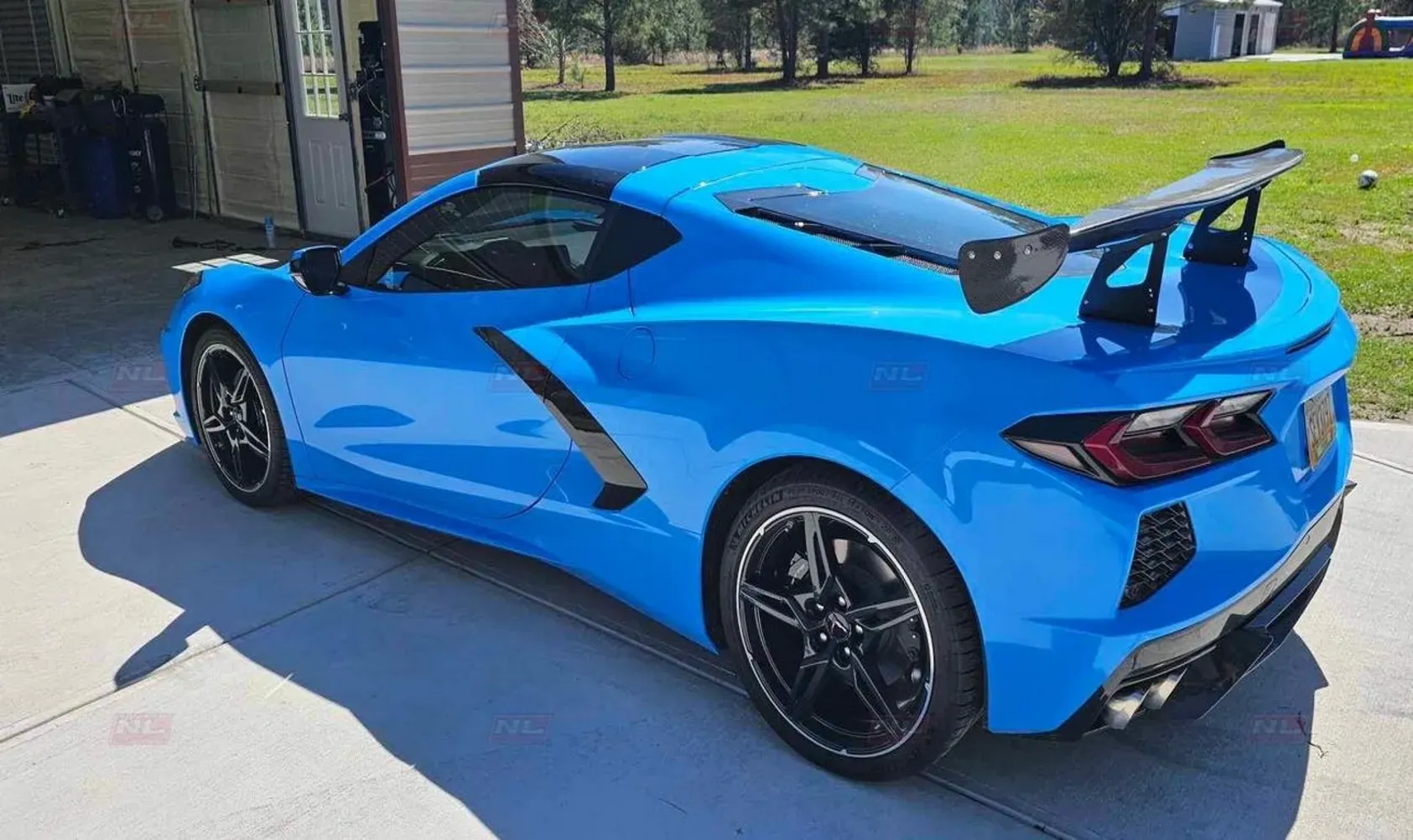
Process to Acquire a Tinting Permit
While Georgia doesn't require a permit for window tinting, it is crucial to ensure that your tint complies with state regulations. Following the rules can help avoid any issues, even if you don't need a permit. So, what does acquiring a tinting permit involve in other places?
- Research Local Laws: Check your city or county ordinances to see if a permit is needed for automotive window tinting. Some locations may have additional regulations or restrictions.
- Application Submission: If a permit is needed, you will likely have to complete an application and submit it to the appropriate local government office, providing details about the vehicle and the type of window tint intended for use.
- Compliance Inspection: After submitting your application, there may be an inspection to ensure that your tint film meets legal requirements such as visible light transmission (VLT) percentage and other relevant specifications.
- Approval Process: Upon completing inspection and compliance with vehicle standards, you may receive approval for your tinting permit.
Understanding this process outside Savannah gives important insights into steps one might encounter in areas with different regulations.
In certain regions, obtaining a permit also involves understanding specific VLT (visible light transmission) limits that specify the amount of light allowed to pass through tinted windows. This can be especially crucial for auto enthusiasts or fleet vehicle managers who oversee commercial fleets traveling across jurisdictions with varying laws.
Generally, this process ensures that your window tint falls within acceptable legal parameters and offers peace of mind against potential complications related to regulatory compliance.
Even though Savannah, GA, doesn't mandate a permit for window tinting, understanding the process provides valuable insights into the value of compliance with legal regulations and its impact on drivers and professional service providers alike.
Advantages of Tinting: Safety and UV Protection
Car window tinting does much more than just add a sleek and stylish look to your vehicle. The benefits extend into the realm of safety and wellness, providing a layer of protection that goes beyond just keeping your car cool.
The most critical advantage of high-quality window films is their ability to block up to 99% of harmful UV rays from the sun. This isn't just about preventing interior fading—it's about safeguarding yourself and your passengers from skin damage caused by prolonged sun exposure. With our specially formulated window tinting solutions, we prioritize the well-being of our customers, ensuring they can enjoy their drive without worrying about potential health risks associated with UV exposure.
Indeed, protection from harmful UV rays is often overlooked but incredibly important. Prolonged exposure to UV rays while driving can lead to skin damage and an increased risk of skin cancer over time. High-quality window films act as a reliable shield against these harmful effects, effectively reducing the risk of sun-related health conditions. We specialize in using advanced window film technology that provides comprehensive UV protection, prioritizing safety and well-being while enhancing the overall driving experience.
Moreover, car window tinting helps maintain a comfortable and safer driving environment. By reducing glare from the sun and headlights, it ensures clearer visibility for drivers, whether during intense sunlight or nighttime driving. Improved visibility translates into safer driving conditions for you and your passengers, making it an essential feature for any vehicle.
Regardless of make, model, or year, car window tinting offers unparalleled safety benefits alongside its aesthetic enhancements, making it a holistic solution for both practicality and personal style.
Local Resources for Professional Window Tinting Services
When it comes to window tinting for your vehicle, choosing a professional who understands the specific laws and regulations in Savannah, Georgia, is crucial. As a vehicle owner, you want to ensure that your selected service provider will deliver expert installation while maintaining compliance with legal requirements.
Reputable and certified providers bring an additional layer of assurance, demonstrating their commitment to quality and adherence to local regulations. They possess the knowledge and expertise needed to guide you through the process, ensuring that your vehicle's window tinting complies with state laws.
By working with a professional shop like Northern Lights Home & Auto Coatings, you benefit from our familiarity with the specific legal framework governing window tinting in Savannah, Georgia. This guarantees that your vehicle receives the appropriate level of tint, darkness, and placement required by law.
As professional providers, we are equipped to offer guidance on selecting the right window tint that meets legal requirements while addressing your preferences for UV protection, privacy, and aesthetics. Additionally, we can provide certification labels indicating compliance with local regulations, ensuring that your vehicle remains in compliance with the law.
If you're considering window tinting for your vehicle in Savannah, GA, trust the expertise of Northern Lights Home & Auto Coatings to ensure compliance with local laws while achieving the aesthetic and functional goals of your tinted windows. Call us at (912) 656-6947 for professional and compliant window tinting services.

